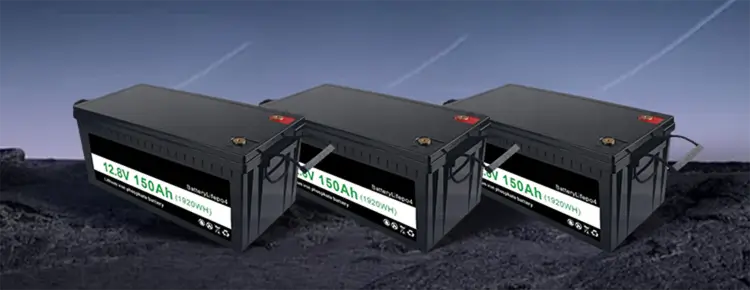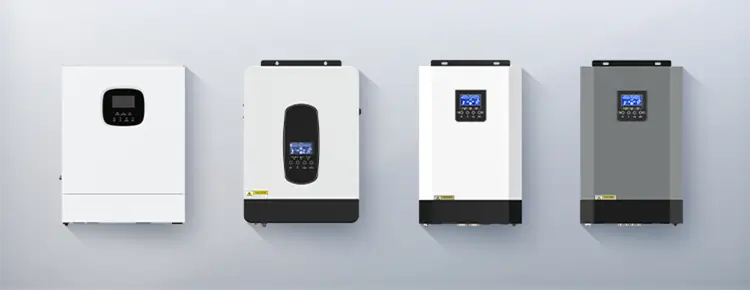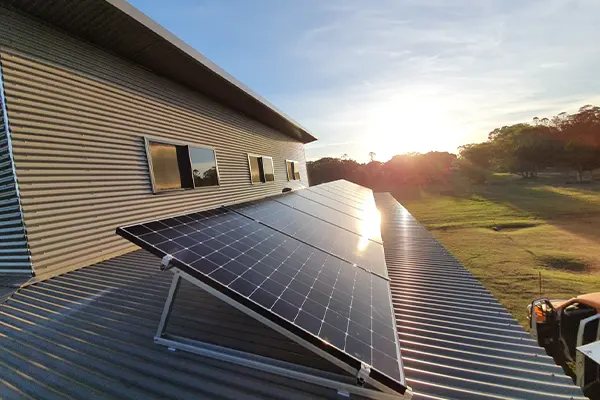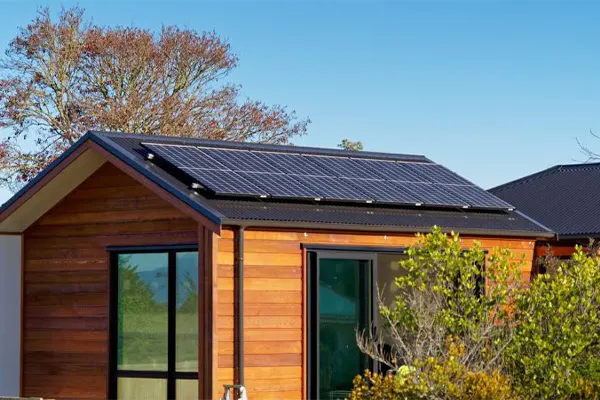



Blog
Hot Category
Latest Blog
04 Jan 2025
Eli
When designing an off-grid solar system, one of the most critical decisions you'll face is choosing the right type of battery. Lithium iron phosphate (LiFePO4) batteries have gained significant popularity in recent years due to their impressive performance and durability. But are they the best choice for your off-grid solar system? Let's explore the key features and benefits of LiFePO4 batteries to help you make an informed decision.
LiFePO4 batteries are a type of lithium-ion battery that uses lithium iron phosphate as the cathode material. Unlike traditional lead-acid batteries, they offer advanced technology designed to provide superior energy storage capabilities. Their unique chemical composition makes them highly stable, safe, and efficient for various applications, including off-grid solar systems.
LiFePO4 batteries have an exceptionally long lifespan compared to lead-acid batteries. While lead-acid batteries typically last 3-5 years, LiFePO4 batteries can last 10 years or more, with some offering up to 6,000 charge cycles. This longevity makes them an excellent investment for long-term energy storage.
LiFePO4 batteries boast higher energy efficiency than their lead-acid counterparts. They can discharge up to 95% of their stored energy, compared to the 50-60% discharge capacity of lead-acid batteries. This means you get more usable energy for your solar system.
3. Lightweight and CompactLiFePO4 batteries are significantly lighter and more compact than lead-acid batteries, making them easier to install and ideal for systems where space and weight are considerations.
Safety is a critical factor for any off-grid energy solution. LiFePO4 batteries are inherently stable and resistant to overheating, which reduces the risk of thermal runaway or fire. Their chemical structure ensures they remain safe even under extreme conditions.
Unlike lead-acid batteries, which require regular maintenance like water refilling and equalization charging, LiFePO4 batteries are virtually maintenance-free. This convenience can save time and effort, particularly for remote off-grid locations.
LiFePO4 batteries are more environmentally friendly compared to lead-acid batteries. They contain non-toxic materials and are easier to recycle, making them a sustainable choice for energy storage. Considerations Before Choosing LiFePO4 Batteries

Higher Initial Cost: LiFePO4 batteries have a higher upfront cost compared to lead-acid batteries. However, their extended lifespan and superior performance often make them more cost-effective in the long run.
Specific Charging Requirements: These batteries require a compatible charge controller to manage their charging and discharging properly. Ensure your solar system includes the necessary components for optimal performance.
Temperature Sensitivity: While LiFePO4 batteries perform well in a wide range of temperatures, extremely cold conditions can impact their efficiency. Consider adding a battery heater if you’re in a cold climate.
Off-grid solar systems demand reliable, efficient, and durable energy storage solutions. LiFePO4 batteries excel in all these areas. Their high energy density, long cycle life, and low maintenance requirements make them well-suited for powering homes, cabins, RVs, or remote installations where reliability is crucial. Additionally, their ability to handle deep discharges without significant degradation ensures consistent performance even during extended periods of low sunlight.

LiFePO4 batteries are an excellent choice for off-grid solar systems. Although they come with a higher initial cost, their long lifespan, efficiency, and low maintenance make them a smart investment. If you're designing an off-grid solar system and looking for a reliable energy storage solution, LiFePO4 batteries should be at the top of your list.
By understanding their benefits and addressing potential challenges, you can create a solar system that meets your energy needs while minimizing environmental impact and maintenance costs.